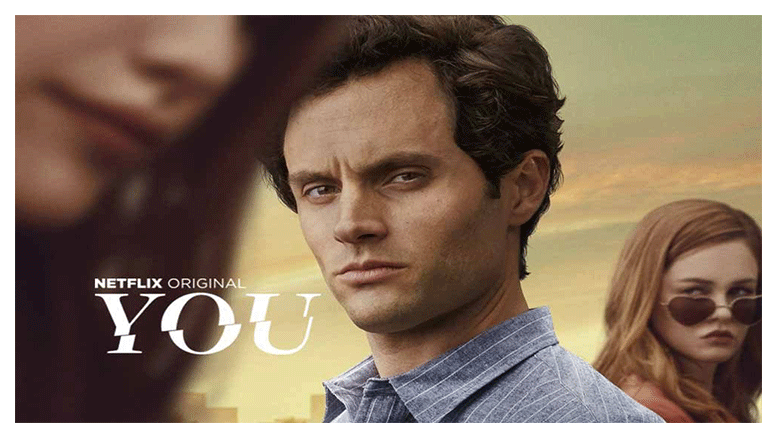YOU, the psychological thrillers that kept audiences entertained with sweaty palms and a guilty conscience, first began as a best-selling novel by Caroline Kepnes in 2014. Translated into 19 languages, the book was compelling enough to inspire Netflix’s hit series, YOU, which debuted in 2018 and has continued to captivate viewers with its escalating sense of danger and obsession.
The series spans multiple seasons, each one diving deeper into the twisted mind of its central character. But as the body count rises and the story stretches across cities and identities, one can’t help but wonder—how long can someone keep getting away with one, two, many murders?
YOU: A Story That Stalks You Back
“What would you do for love?” is the central question that drives YOU’s dark, post-modern narrative. It follows the chilling journey of Joe Goldberg, played brilliantly by Penn Badgley, a deceptively charming bookstore manager who falls obsessively in love and justifies murder in the name of romance.
Sound familiar? Sure. But what sets YOU apart is its gripping narration, satirical critique of modern relationships, and smart commentary on the role of social media in making us simultaneously exposed and complicit.
At its best, YOU feels less like a crime show and more like an internal monologue on steroids. Joe’s voiceover pierces the fourth wall, making the viewer feel like a secret accomplice. He may be a monster, but he’s painfully human—and that’s what makes the series so unsettlingly addictive.
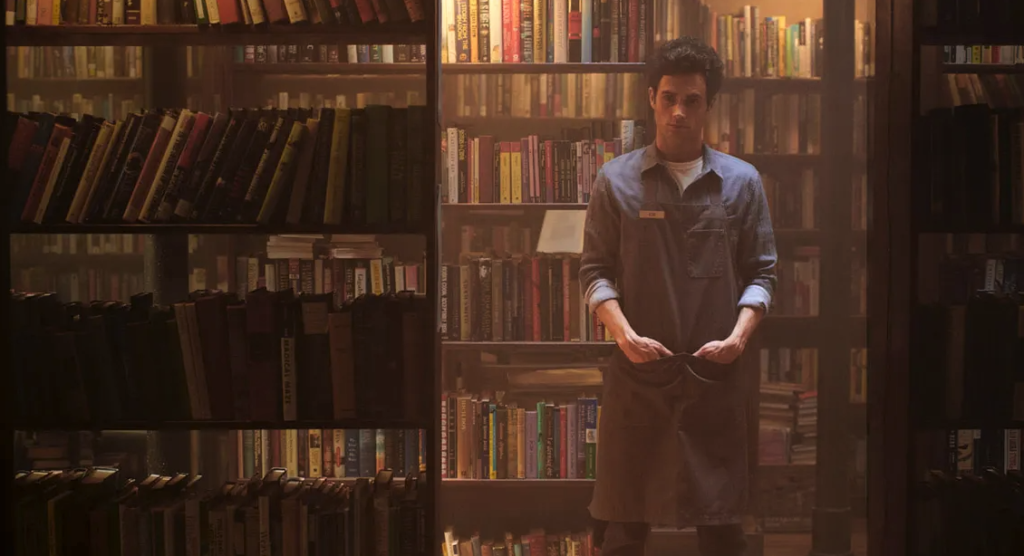
Season 1: The Stalker with a Heart?
Set in New York, Season 1 introduces us to Joe Goldberg and his fixation on Guinevere Beck, played by Elizabeth Lail, an aspiring writer. His idea of courtship? Stalking her across every physical and digital corner of her life.While Beck is clearly a victim, her character failed to connect deeply with many viewers. Ironically, this made it easier for audiences to overlook Joe’s crimes and almost root for him—an unsettling narrative sleight of hand that YOU execute with disturbing precision.
Season 2: Love Finds Joe in LA
Joe flees to Los Angeles under a new identity, determined to bury his dark past and find a fresh start. Enter: Love Quinn, played by Victoria Pedretti, a talented chef with her own traumas. Turns out, she’s just as broken—and just as dangerous.
This season adds emotional complexity and unexpected twists, making Love a standout character. Joe finally meets his match, and viewers are left wondering: Can two deranged personalities find domestic bliss?
Honestly, Season 2 would have been the perfect finale. Joe finds Love, an equally unhinged partner, and a reason to stop running. But instead, the story continues.
Season 3: Marriage, Motherhood, and Murder in the Suburbs
Set in the eerily perfect town of Madre Linda, Season 3 follows Joe and Love as they raise their newborn son, Henry. On the surface, it’s all family and freshly baked bread. But beneath the suburban calm brews the same old chaos—infidelity, obsession, murder.
Joe develops new fixations on Natalie, the next-door neighbour, and Marienne, the librarian. And his wife? Love turns out to be equally possessive and impulsive. The power dynamics shift, but the pattern remains.
For the first time, audiences were split: Team Joe or Team Love? I was rooting for Love Quinn. Sure, she was unstable, but at least she fought for her family. Joe, on the other hand, continued his toxic cycle with zero growth.And then came the ending. Disappointing, to say the least. The show kept painting Joe as the misunderstood antihero when really, he has a full-blown personality disorder. The romanticisation of his trauma and tendency to justify his violence felt exhausting by Season 3’s end.
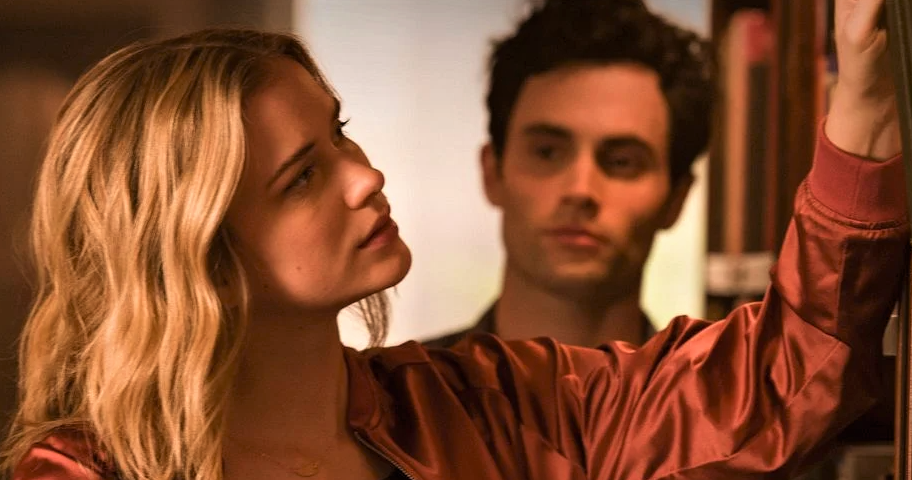
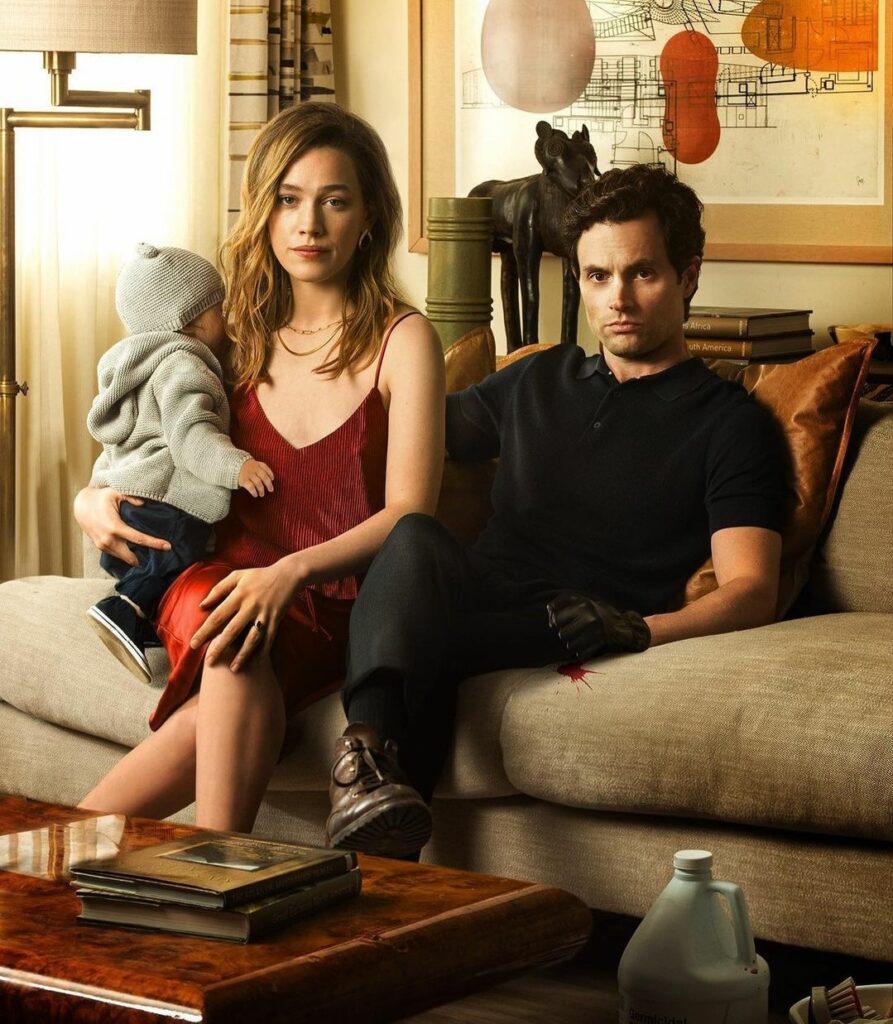
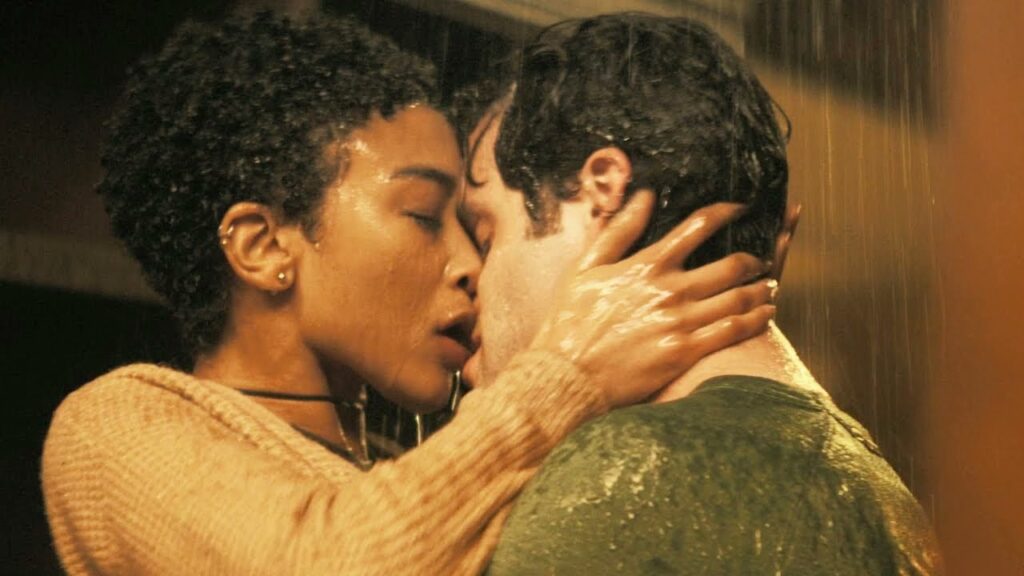
YOU: When Enough Is Enough
YOU has always been bold in its storytelling—relentlessly shifting settings, tones, and emotional ground with each season. From the gritty corners of New York in Season 1, to the sun-soaked facades of Los Angeles in Season 2, and the chilling perfection of suburban Madre Linda in Season 3, the show has consistently escalated its stakes and scope. And yet, as the narrative continues, the central question grows louder: How long can Joe Goldberg keep getting away with murder?
End It Already!
The romanticisation of trauma, the repeated cycle of obsession and violence, and the uncanny way Joe constantly evades consequences start to feel exhausting by the end of Season 3. Yes, the series critiques these very patterns, but at times, it blurs the line between critique and glorification. The audience is asked again and again to sympathise with a deeply broken man whose crimes only escalate.
With Season 4 teased and no additional novels to serve as a foundation, the show seems poised to create its dark path, possibly in Paris, the so-called City of Love.
But wherever Joe goes next, it’s clear the series is reaching a narrative crossroads. If YOU is to maintain its integrity and impact, it must address the consequences of Joe’s actions. Whether through justice, death, or the haunting return of Love Quinn in some form (metaphorical or literal—we’ll take either), the story needs resolution.
YOU was clever, provocative, and addictive from the start. But now, it risks overstaying its welcome. Perhaps the most satisfying end would be to finally see Joe Goldberg stop running—and start paying.

